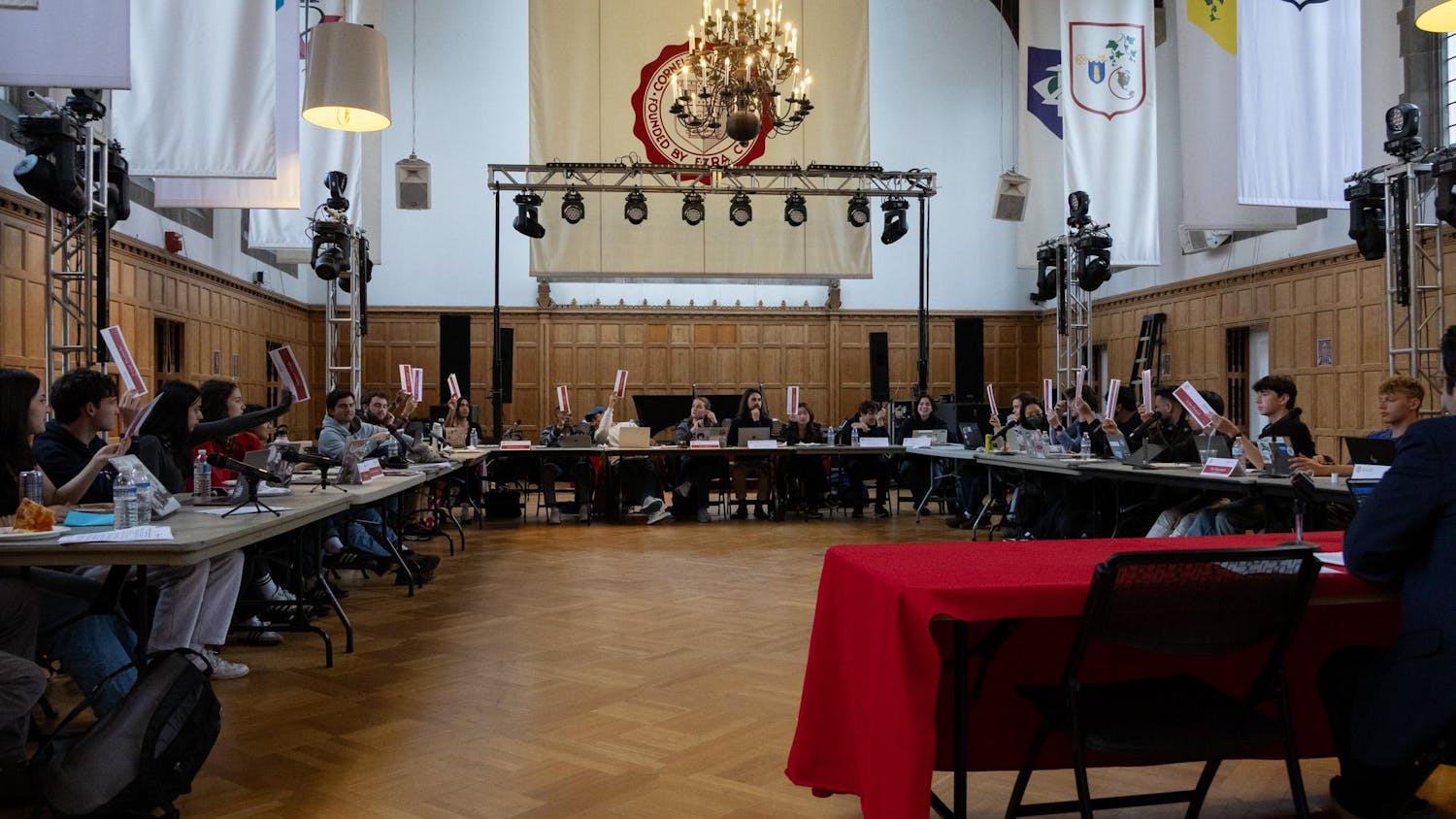Cornell is joining 11 other universities in a lawsuit against the Department of Defense for its proposal to implement a 15 percent indirect cost cap on research assistance awards to institutions of higher education according to a Monday email from administrators.
This is Cornell’s fourth lawsuit of the year related to cuts on indirect costs, which are expenses not directly related to specific research projects, but support general infrastructure and administrative costs that support University research. The University has filed similar lawsuits this year against the National Institutes of Health, the Department of Energy and the National Science Foundation.
The lawsuit was officially filed by the Association of American Universities, the American Council on Education, the Association of Public and Land-Grant Universities and 11 other land grant research institutions including Brown University, the California Institute of Technology, Johns Hopkins University and the Massachusetts Institute of Technology.
According to the lawsuit, in the 2024 fiscal year, Cornell spent “approximately $55 million on more than 225 grants and cooperative agreements” from the DOD and received roughly “$16.5 million in reimbursement for indirect costs.” Cornell has also “negotiated an indirect cost rate” of 64 percent for the Ithaca campus and 69.5 percent for the Weill School in New York City.
Last week, Cornell notably chose not to back Harvard University’s litigation against the Trump administration’s decision to freeze nearly $3 billion of its Harvard’s federal research funding. Cornell had experienced similar setbacks with federal funding since the Trump administration’s decision to freeze more than $1 billion in the University’s federal grants in April.
According to the DOD’s memo, “all renegotiations on indirect cost rates” must be implemented by November 10.. The policy will significantly reduce the amount research labs will be awarded in indirect costs — specifically those related to “facilities” such as “buildings, equipment, and capital improvements” and “administration” including “general administration and general expenses.”
The statement highlighted some of Cornell’s indirect costs include computing needs, advanced cybersecurity measures, laboratory maintenance and safety protocols for handling hazardous and radioactive materials.
“Imposing an arbitrary cap that does not reflect the real operating costs of research that the government solicits will disrupt essential work and erode the foundations of U.S. scientific and technological leadership,” the administrators wrote.
The statement also described the DOD and Cornell’s research partnership as one that “has made our nation safer and more prosperous.” It went on to state that the DOD’s actions “undermine decades of partnership between federal agencies and research universities” because it bypasses the negotiation of the indirect costs which “reflect the true cost of conducting complex and high-impact federally sponsored research.”
“We are committed to continuing our ambitious research mission in partnership with our federal sponsors,” the statement read. “Together, we must preserve the integrity and impact of American research while stewarding public investment responsibly and transparently.”
Zeinab Faraj is a member of the class of 2028 in the College of Arts and Sciences. She is a features editor on the 143rd Editorial Board and was the assistant sports editor of the 143rd Editorial Board. You can reach her at zfaraj@cornellsun.com.











